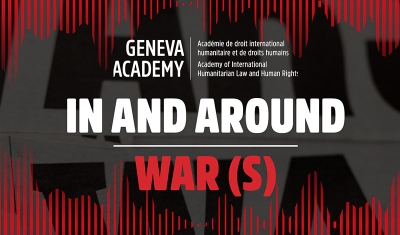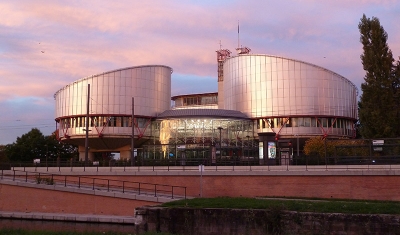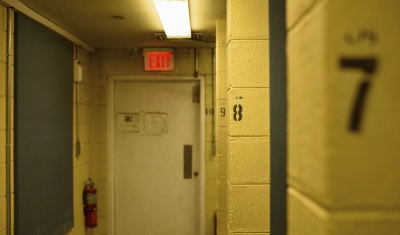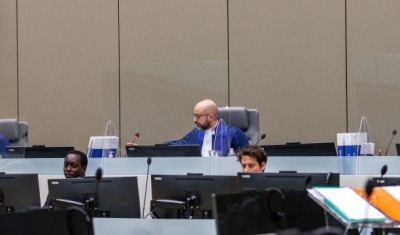The Prosecution of Ecocide and Other Environmental Crimes: State of the Law and Way(s) Forward
Geneva Academy Talks


Adobe
Until recently, international criminal law has largely ignored crimes committed against the environment and maintained a highly anthropocentric approach. Under the Rome Statute, there is only one environment-specific war crime provision applicable in the context of international armed conflicts. Moreover, despite its 2016 policy paper stating that environmental crimes are among its priorities, the Office of the Prosecutor of the International Criminal Court (ICC) appears not to have given precedence to investigations and prosecutions of such crimes. On 16 February, however, the Office of the ICC Prosecutor launched a public consultation on a new policy initiative to advance accountability for environmental crimes under the Rome Statute. While this is a step forward in ‘advanc-[ing] accountability for environmental crimes under the Rome Statute’, it focuses on crimes within the ICC jurisdiction that have been committed by means of, or have resulted in, environmental damage. As such, it does not provide for the possibility of including a fifth independent category of crimes prohibiting ‘severe and either widespread or long-term damage to the natural environment’ as such, namely ecocide.
This IHL Talk will explore various issues related to the prosecution of ecocide and other environmental crimes. In particular, it will discuss whether such crimes could be prosecuted within the existing framework of international criminal law and whether a new category of international crimes that departs from the prevailing anthropocentric approach would bring added value. It will further examine how domestic regulations and prosecutions, but also civil society initiatives such as people’s tribunals, could be considered as more efficient alternatives. Finally, this Talk will question the extent to which the technical skills required to effectively investigate those crimes are in practice hampering their prosecution.
Moderation
- Dr Eugénie Duss, Research Fellow, Geneva Academy
Panelists
- Dr Jelena Aparac, Lecturer, Researcher, Business and human rights in armed conflicts, UN SWTP
- Dr Nataliia Hendel, Research Fellow, Geneva Academy and Professor of International Law, International Humanitarian University in Odesa
- Dr Stavros-Evdokimos Pantazopoulos, Visiting Research Fellow, Geneva Academy, Post-doctoral Researcher, Toxic Crimes Project of the Erik Castrén Institute at the University of Helsinki and Senior Research Fellow, Hellenic Foundation for European and Foreign Policy
About The IHL Talks
The IHL Talks are a series of events, hosted by the Geneva Academy, on international humanitarian law and current humanitarian topics. Academic experts, practitioners, policymakers and journalists discuss burning humanitarian issues and their regulation under international law.
Drinks
This event will be followed by drinks.
Disclaimer
This event may be filmed, recorded and/or photographed on behalf of the Geneva Academy. The Geneva Academy may use these recordings and photographs for internal and external communications for information, teaching and research purposes, and/or promotion and illustration through its various media channels (website, social media, newsletters, annual report, etc.).
By participating in this event, you are agreeing to the possibility of appearing in the aforementioned films, recordings and photographs, and their subsequent use by the Geneva Academy.











